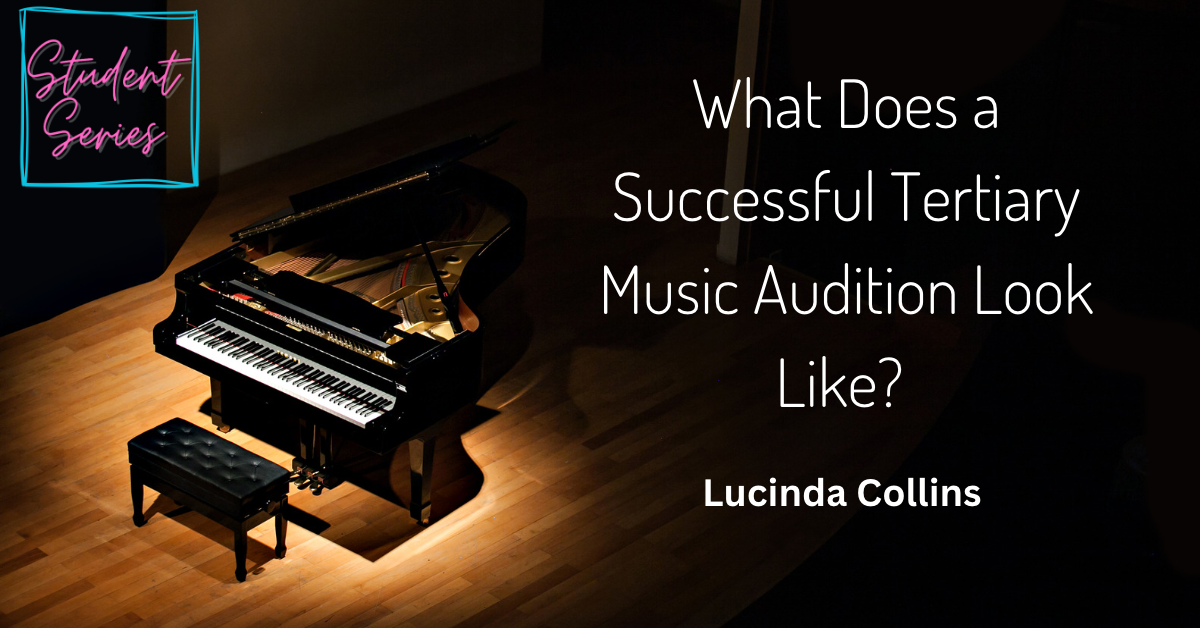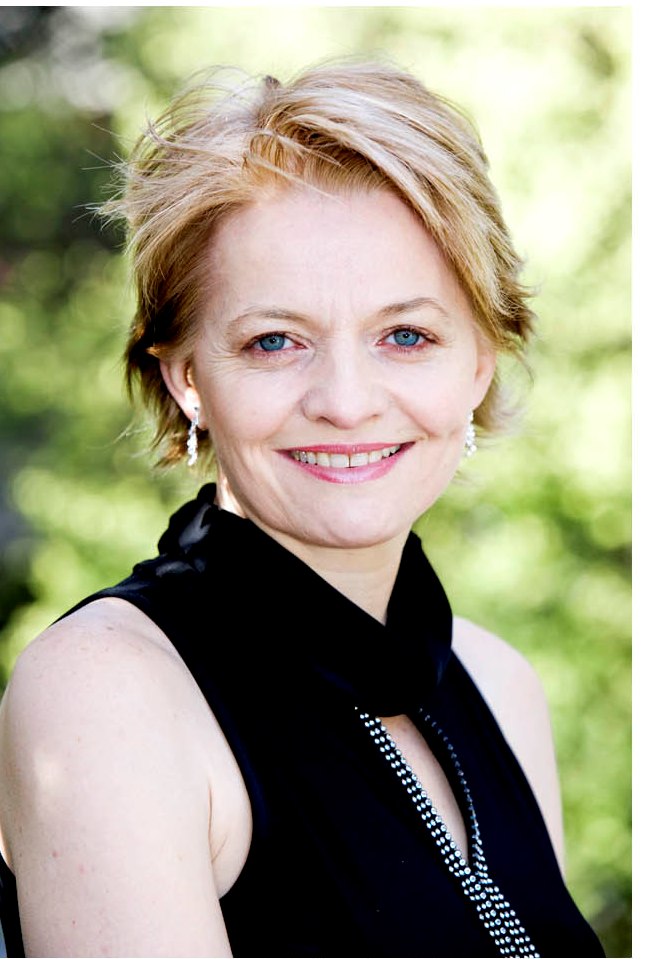(And how to prepare your students for it!)

Every year, aspiring pianists keen to pursue a career path through music will apply to undertake tertiary studies at conservatoriums across Australia. They may be school leavers, students transferring from other degrees, or mature age applicants wanting to further their knowledge and skills. In addition to meeting the academic requirements for tertiary admission, acceptance into performance-based music programs will require applicants to pass an audition. As a longtime member of the piano staff at the Elder Conservatorium in Adelaide, I have sat on many audition panels. Here, I’d like to share some information and offer some tips and suggestions to prospective students and their teachers on how best to maximise their chance of auditioning successfully.
It goes without saying that being well-prepared is key to making a good impression at an audition. Solid preparation not only allows the student to feel at their most confident so they can perform at their best, but is also a strong indicator that they have the necessary application and commitment to succeed at tertiary level. Students who have the potential to study music at university should ideally be preparing the foundations during their secondary school years, or even earlier. Teachers have an important role to play in ensuring that in addition to the study of a broad range of repertoire, their students have a good grounding in music theory and a solid technical foundation. Scales and arpeggios provide the basic tools a pianist needs in order to hone their craft. Applicants auditioning for the performance stream of the Bachelor of Music will need to demonstrate that they can play their scales fluently. Technical development is considered a key component of a pianist’s training, and technique exams are conducted throughout all years of the undergraduate degree.
“It goes without saying that being well-prepared is key to making a good impression at an audition.”
Choice of repertoire can play a significant role in a pianist’s success at audition. Most tertiary music schools will have specific audition requirements for each instrument, which will be set out in detail on their website. At the Elder Conservatorium, applicants for the undergraduate piano performance course are required to present three contrasting pieces. The program will need to include a polyphonic work and a piece of a technical nature. The audition panel will assess the applicant’s general musicianship, expressivity, finger agility and technical control. Students are advised to perform repertoire that lies comfortably within their abilities. Playing that lacks fluency and control, whether because the piece is too difficult, or is attempted at too fast a tempo, is unlikely to make a favourable impression. Performances that are well crafted and that show an engaging, thoughtful and sensitive approach to the repertoire are much more successful because they demonstrate what the pianist can do, rather than what they can’t.
Certain pieces often crop up at auditions that are perhaps best avoided. The opening movement of Beethoven’s Moonlight sonata is one such example. While unquestionably a masterpiece of the repertoire and a favourite amongst pianists it is a poor choice for audition because it gives little or no opportunity for the student to demonstrate their technical and musical range. For audition purposes it is always advisable to present repertoire that highlights where a student’s strengths lie.
As part of the audition the applicant will be required to perform a short sight reading test. As sight reading is a skill that develops and improves through consistent practice over time, teachers who engage their students with regular sight reading tasks right from the early years of learning, will be giving them a valuable advantage later on. Sight reading is a very useful skill for a pianist to have, not only because it can facilitate the speed with which repertoire is learnt, but also because it can open doors to opportunities for collaborative work further down the track.
While being thoroughly prepared will always ensure the best chance of success, it is common for students to feel nervous and anxious about the audition itself. Most applicants will have had limited experience of performing outside of their familiar environment, and for many, much will be riding on the result. For this reason, it is worth offering some strategies and tips to help students perform well on the day.
“Sometimes the panel may choose to stop an applicant before they have reached the end of their piece. This should not be interpreted as a negative reflection of the playing; it just means the panel has heard enough to make their assessment.”
In the weeks prior to the audition it is a good plan to play the program through for family and friends as a practice performance. This will help build confidence and a sense of familiarity with the experience of performing. If the student has access to a grand piano, this will add further benefit to their preparation. Recording one’s playing and then listening back can also offer useful insights. On the day of the audition it is important to be well organised and calm, and to arrive in plenty of time. A warm-up room with a piano will be available so the student can limber up their fingers and get into the right mindset. Remembering to stay focused and positive needs to be front of mind, despite inevitable nerves. It is important to know that the panel will be looking forward to hearing what each individual applicant can do, and will make every effort to put them at their ease. Once in the audition studio, the pianist should take a moment to settle comfortably and adjust the seat. If performing with music, a panel member will be happy to assist with page turns should that be necessary. (Page turners cannot be brought into the audition.) Sometimes the panel may choose to stop an applicant before they have reached the end of their piece. This should not be interpreted as a negative reflection of the playing; it just means the panel has heard enough to make their assessment. Importantly, the pianist should not allow themselves to be fazed if they make a few slips. Mistakes do not significantly define the way a panel assesses an applicant’s performance. Auditions focus much more on potential than they do on perfection.
Many of those students who pass the audition and complete their bachelor’s degree will go on to become skilled musicians. The solid foundations that their teachers have laid down for them right from the early years of learning will be hugely important in helping to equip them for success as the next generation of performers and educators.

Lucinda Collins has been Head of Keyboard at the Elder Conservatorium of Music, University of Adelaide since 2000. She is active both as a teacher and performer and has given concerts widely throughout Australia as well as the UK and Korea. In addition to solo work, she also performs extensively as a chamber musician and has partnered many distinguished artists, including internationally acclaimed cellists David Geringas and Lynn Harrell. She has performed and toured nationally with the Australian String Quartet and collaborates regularly with many of Australia’s finest musicians. Lucinda is passionate about all aspects of piano teaching and many of her students have had success winning prizes and scholarships at state, national and international level. She also mentors chamber ensembles, oversees the Elder Conservatorium’s collaborative piano program and enjoys working with talented junior pianists through the University’s Open Music Academy.